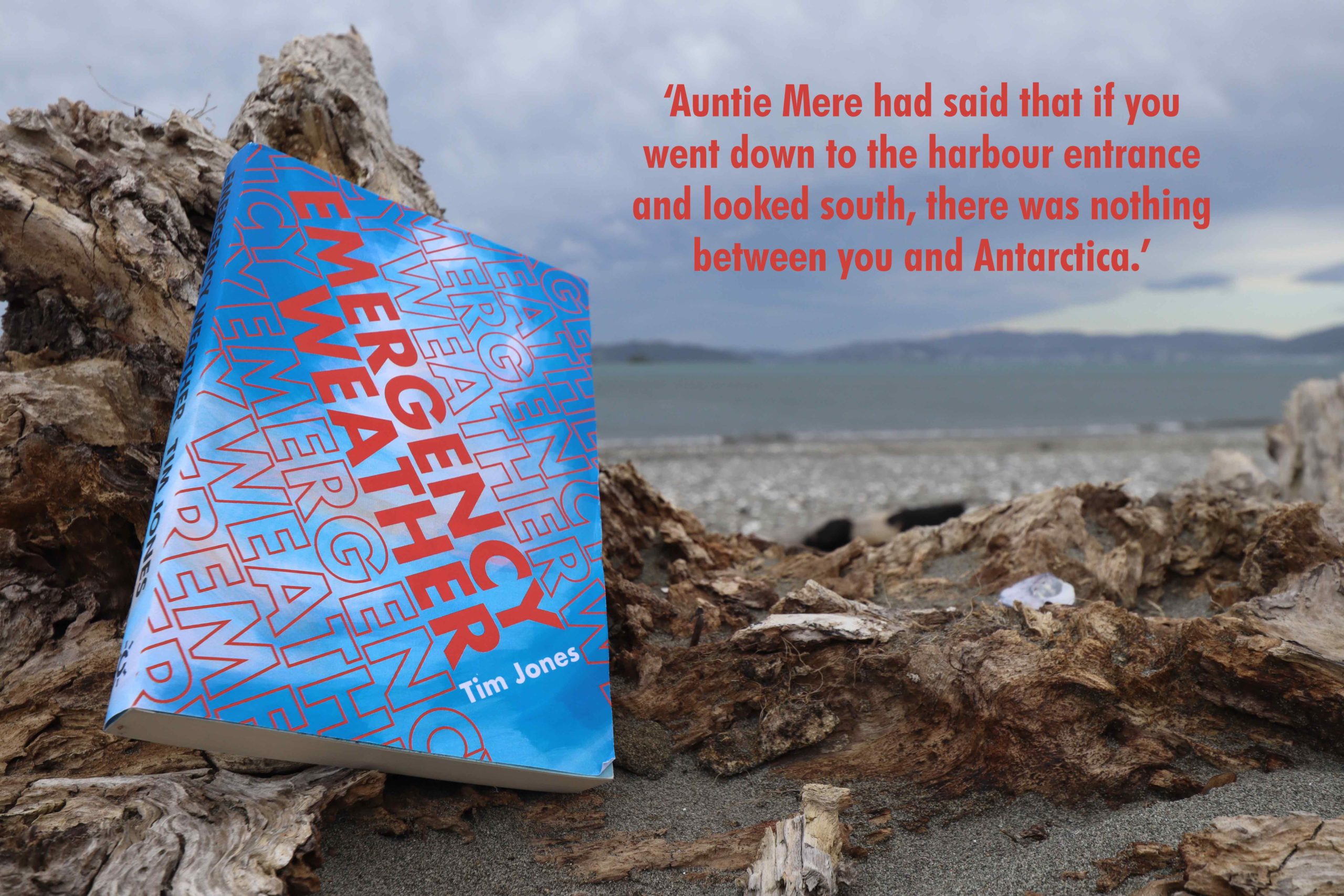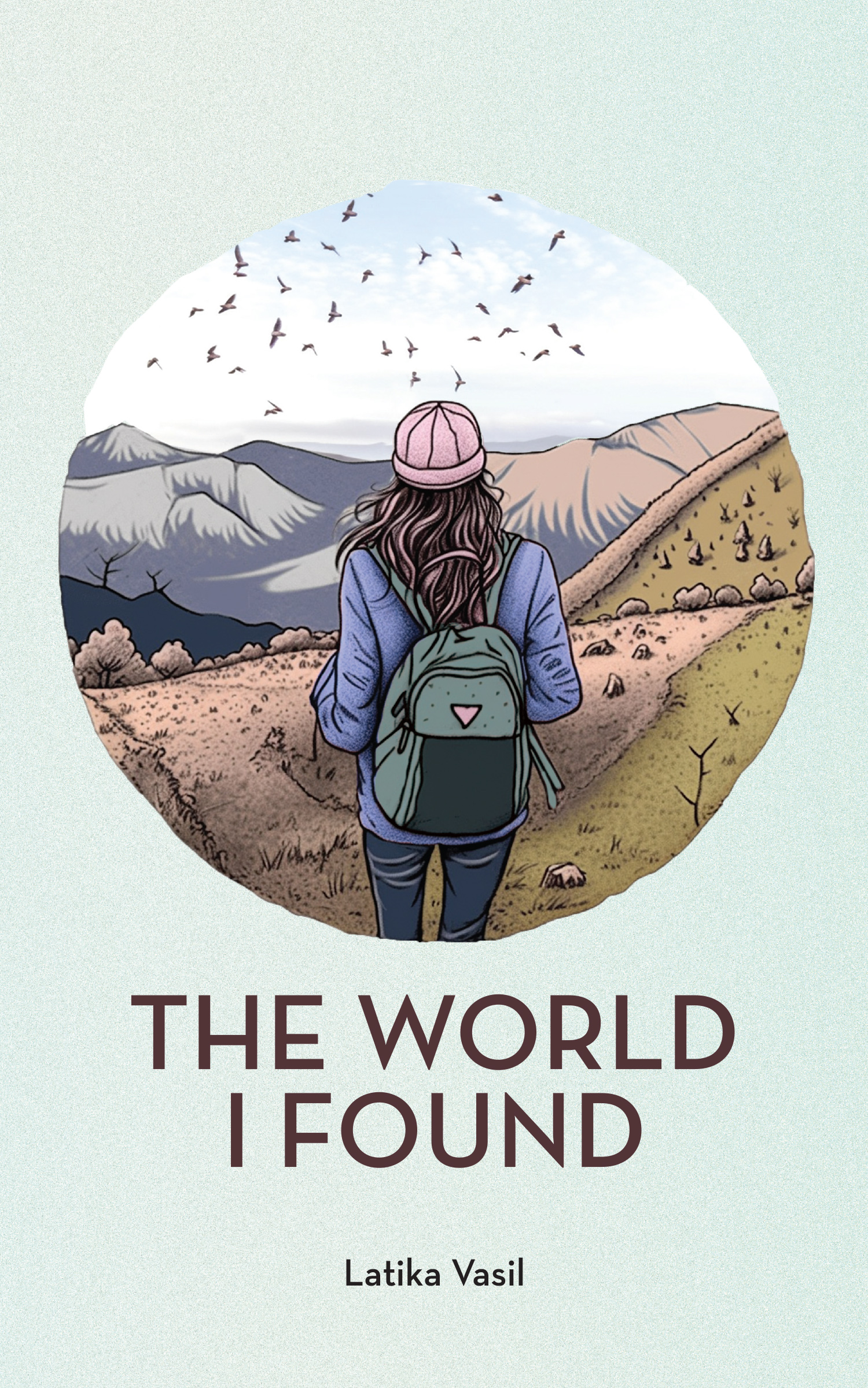Tuesday 12 December 2023 dawned a fine summer’s day in Wellington. But in mid-afternoon, the weather changed. A southerly front raced up the country, bringing very strong winds, heavy rain and hail to Wellington and the Hutt.
I was sitting at my desk, and I felt and saw the change: the temperature dropped abruptly, and sunshine was abruptly replaced by cascading rain. It was all over within 90 minutes, and despite over 20 mm of rain falling at our place within a few minutes, we got off fairly lightly.
But friends I’ve talked to since weren’t so lucky. One was inside a mall that rapidly flooded; another had part of their roof torn off their house – one of a number of buildings in the Hutt that suffered serious damage.
Author Andy Southall captures it well in his Goodreads review of my novel Emergency Weather:
“A day after finishing this book, a sudden and savage storm struck Wellington. At 2.50pm the sun was shining on what seemed to be a pleasant summer day. Ten minutes later the sky turned black, violent winds blew out windows, hail was smashing into the deck and sheets of water poured from the gutters. And that was in a less extreme part of the storm’s path. Elsewhere it was much, much worse.”
and this Radio New Zealand report gives the bigger picture.
My novel Emergency Weather begins and ends with storms – the first causes death and damage from north to south, while the second and stronger storm zeroes in on Wellington. Wellington has always been prone to storms, but climate change is loading the dice, making it more likely that when storms come, they will be damaging and destructive.

My novel is set against the context of a government in which (some) Ministers are at least trying to do the right thing. But the recent election, which Labour lost by a combination of its own timidity and many voters’ desire for something different, has brought to power a government including climate deniers, environmental vandals, and worshippers at the altar of the car. If climate change is on their agenda at all, it’s well below culture wars.
But physical reality doesn’t care about ideology. So long as we keep loading the climate dice by burning fossil fuels and forcing cows to produce milk, piss nitrates and burp methane, the storms and the fires and the flooding will get worse. If we stop, the climate will have a chance to recover. No amount of denialism changes that.
(Excuse me, Tim! It’s just before Christmas and you’re supposed to be encouraging people to buy your book!)
Err … buy my book if you’re looking for a good summer read – it’s not all, or even mostly, doom and gloom! – and have a great holiday! Here’s to lots of good reading, and good organising for change, in 2024.

